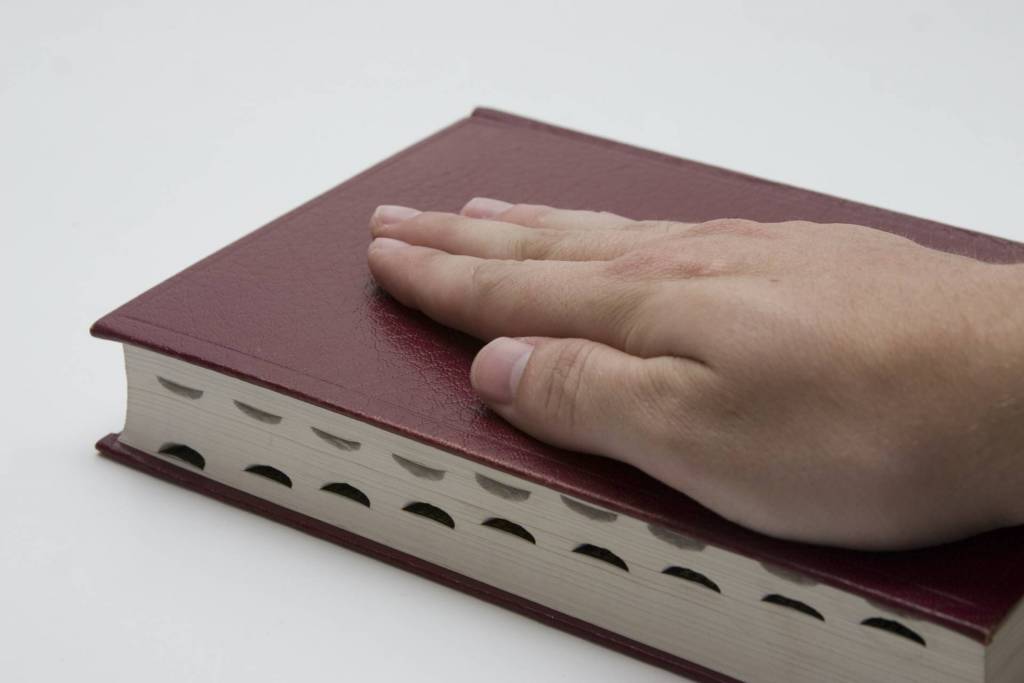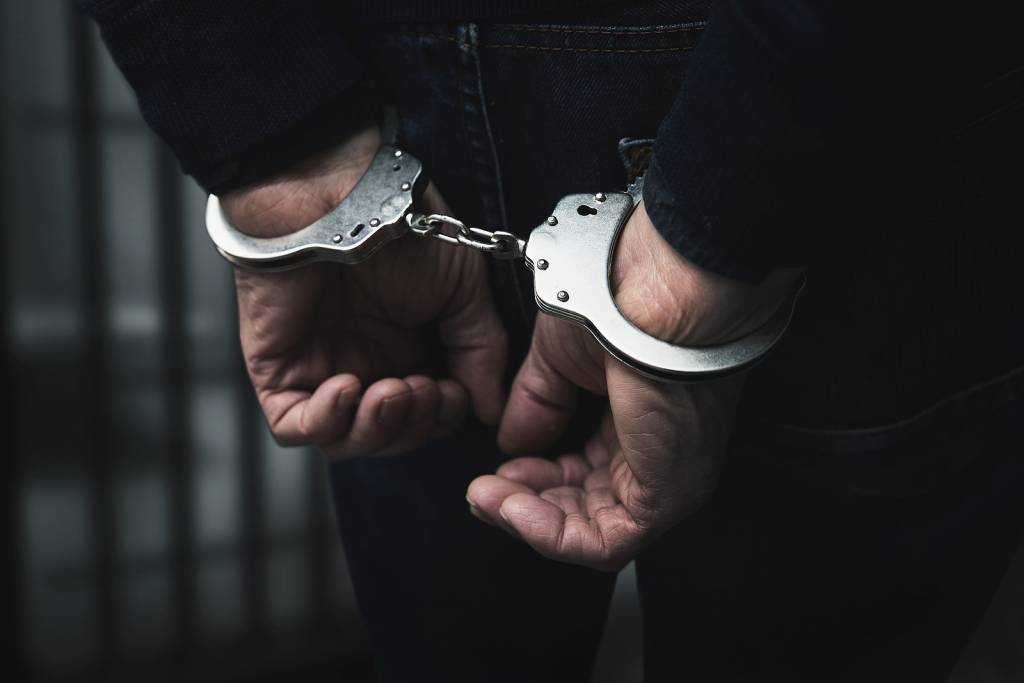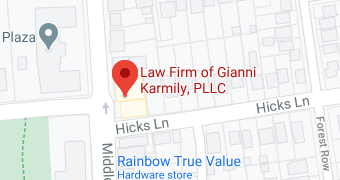Drug crimes in New York are treated quite seriously, so the penalties you face if you are found guilty of a drug crime may be quite severe. If you are charged with a drug crime on Long Island or in New York City, you must be represented by a Nassau County criminal defense lawyer.
What constitutes a “drug crime” in New York? What are your rights if you are charged with a drug crime, and what steps should you take? What penalties can you face if you are convicted of a drug crime in this state? For the answers, and for where to find legal help, keep reading.
It is best to think of drug crimes in New York as several different categories of crimes. In order to spell out what the penalties for drug crime convictions are in New York, consider three drug crime categories: drug possession crimes, drug sales crimes, and additional drug-related crimes.
When the police arrest someone because they have determined that person is in possession of illegal drugs, the specific charge – and the specific penalty for a conviction – will hinge on the type and the amount of the drug that the suspect has been found to possess.
Every case is different, so if you are facing a drug charge, you’ll need to have the personalized legal advice that a Long Island drug crime attorney can provide.
What Are the Penalties for Drug Possession Crimes in the State of New York?
Fifth-Degree Criminal Possession of a Controlled Substance: This is a Class D felony charge for possessing 500 milligrams (mg) of cocaine or crack cocaine, 50 mg of PCP, or more than 1,000 mg of ketamine. The maximum penalty for a Class D felony conviction is seven years in prison, but some first offenders may be sentenced to probation.
Fourth-Degree Criminal Possession of a Controlled Substance: This is a C class felony charge for possessing a larger amount of drugs and for possessing dangerous drugs such as ecstasy, methamphetamine, and heroin. The maximum penalty for a Class C felony conviction is fifteen years in prison, but first offenders often receive lesser sentences.
Third-Degree Criminal Possession of a Controlled Substance: This is a Class B felony which may be penalized with up to nine years in prison.
Second-Degree Criminal Possession of a Controlled Substance: This is a Class A-2 felony which may be penalized with up to ten years in prison. Examples include the possession of cocaine, heroin, or any other narcotic drug with an aggregate weight of four or more ounces.
First-Degree Criminal Possession of a Controlled Substance: This is a Class A-1 felony. The sentence for a conviction is up to twenty years for a first offense, more if the conviction is for a second or subsequent offense, and a fine of up to $100,000.
What Are the Penalties for Selling Drugs Illegally?
Fourth-Degree Criminal Sale of a Controlled Substance is a Class C felony. This is the charge when a suspect is accused of selling methadone, 50 mg or more of phencyclidine, 4,000 mg or more of ketamine, or any illegal drugs on school grounds. Again, the maximum penalty for a Class C felony conviction is fifteen years, but first offenders usually receive lesser sentences.
Third-Degree Criminal Sale of a Controlled Substance is a Class B felony. This is the charge when a suspect is accused of selling hallucinogens weighing 25 mg or more, one mg or more of LSD, 250 mg or more of phencyclidine, or an eighth of an ounce or more of methamphetamine. A conviction may be penalized with up to nine years in prison.
Second-Degree Criminal Sale of a Controlled Substance is a Class A-2 felony charged when a defendant is accused of selling 125 mg or more of hallucinogens, five mg or more of LSD, 360 milligrams or more of methadone, a half-ounce or more of methamphetamine, or a half-ounce or more of narcotic drugs. A conviction may be penalized with up to ten years in prison.
First-Degree Criminal Sale of a Controlled Substance is a Class A-1 felony charged for the sale of two or more ounces of narcotic drugs or the sale of 2,880 mg or more of methadone. The possible sentence for a conviction is twenty years for a first offense and more for offenders with one or more prior convictions.
What About Other Drug-Related Crimes?
Several drug crimes don’t neatly fit into the usual drug “sale” or “possession” categories. For example, “Using a Child to Commit a Controlled Substance Offense” is a Class E felony punishable upon conviction by up to four years in prison and a $5,000 fine.
The crime is charged if someone allegedly uses a child to commit a drug crime, is at least 18 years of age, and conceals a controlled substance on or about the body of a child to transact a drug sale, or directed, forced, or required a child to sell or help an adult sell an illegal drug.
Owning drug paraphernalia is a Class A misdemeanor punishable upon conviction with up to 364 days in jail. Owning drug paraphernalia in the first degree – which usually means owning equipment to make methamphetamine – is a Class D felony that may be penalized with a sentence of two-and-a-half years.
What you’ve been reading is only the briefest introduction to New York’s drug laws and penalties. The drug laws in this state are extensive and detailed, covering scores of drugs, different quantities, and different circumstances. Every drug crime in New York and every drug charge is different.
If You Are Charged With a Drug Crime
What steps should you take if you are charged with a drug violation in New York City or anywhere in Suffolk or Nassau County? Say nothing if you are questioned by the police – except to indicate that you wish to exercise your right to remain silent.
Never physically resist the police, but do not give your verbal consent to a search of your home, workplace, or person. If the police violate your rights during a drug search or an arrest, it’s possible that your attorney may be able to have any charges against you dismissed.
Your first step after a drug arrest is the most important. Exercise your rights and contact a Long Island criminal defense lawyer as quickly as possible.
To schedule a confidential case evaluation with the Law Firm of Gianni Karmily, PLLC, call our Great Neck office at (516) 630-3405 or our Hempstead office at (516) 614-4228.









